To provide the best experiences, we use technologies like cookies to store and/or access device information. Consenting to these technologies will allow us to process data such as browsing behaviour or unique IDs on this site. Not consenting or withdrawing consent, may adversely affect certain features and functions.
The technical storage or access is strictly necessary for the legitimate purpose of enabling the use of a specific service explicitly requested by the subscriber or user, or for the sole purpose of carrying out the transmission of a communication over an electronic communications network.
The technical storage or access is necessary for the legitimate purpose of storing preferences that are not requested by the subscriber or user.
The technical storage or access that is used exclusively for statistical purposes.
The technical storage or access that is used exclusively for anonymous statistical purposes. Without a subpoena, voluntary compliance on the part of your Internet Service Provider, or additional records from a third party, information stored or retrieved for this purpose alone cannot usually be used to identify you.
The technical storage or access is required to create user profiles to send advertising, or to track the user on a website or across several websites for similar marketing purposes.
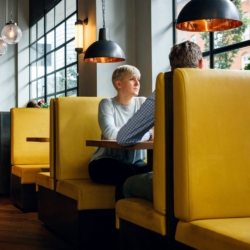 I have observed with some disbelief the numerous articles that have heralded the “death of the office” and other click-bait driven headlines. It makes for a fun read but fails to really understand exactly what the office is for and how the modern workspace is actually used. The best way to take a view of this is to understand why we will be desperate to return to the office and why organisations should be doing everything they can to ensure it does. (more…)
I have observed with some disbelief the numerous articles that have heralded the “death of the office” and other click-bait driven headlines. It makes for a fun read but fails to really understand exactly what the office is for and how the modern workspace is actually used. The best way to take a view of this is to understand why we will be desperate to return to the office and why organisations should be doing everything they can to ensure it does. (more…)






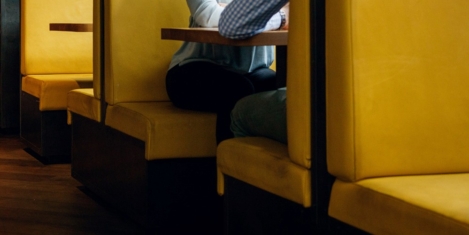
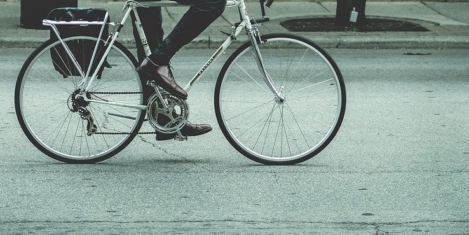

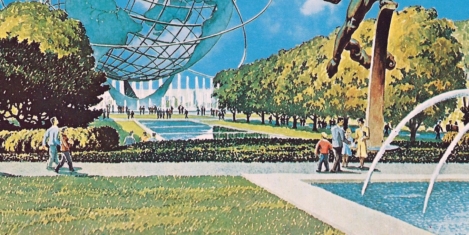






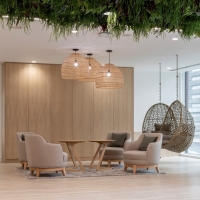


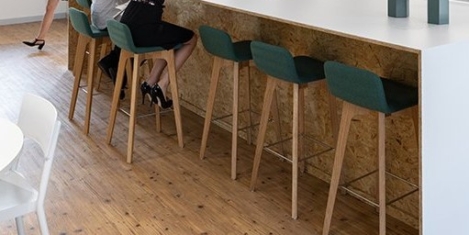
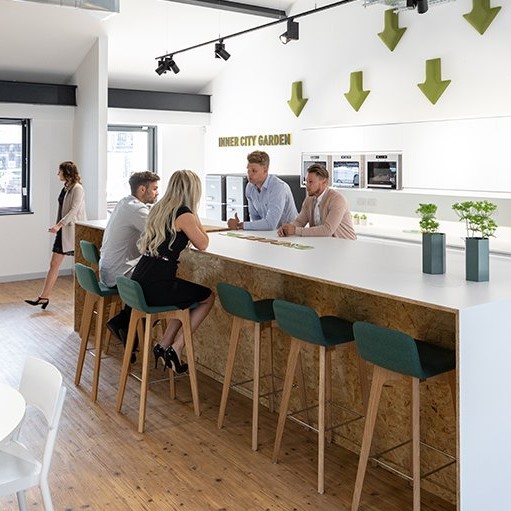
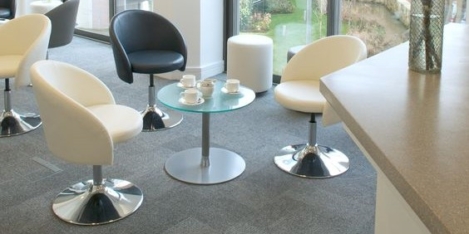
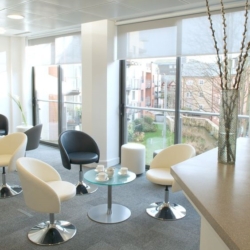
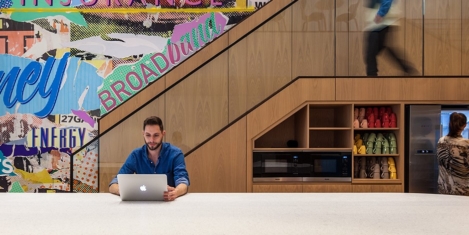
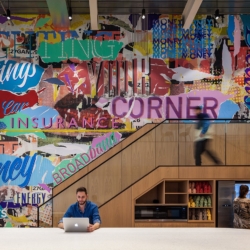











August 12, 2020
Casting a spell on the future of work and workplaces
by Mark Eltringham • Comment, Flexible working, Technology, Workplace design